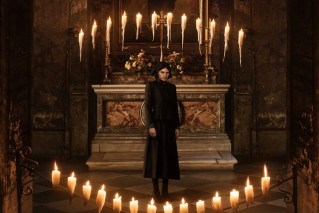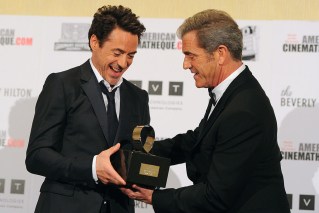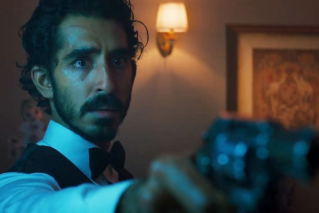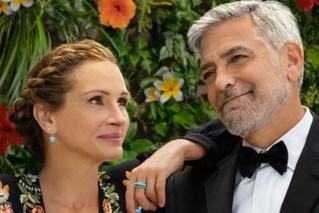Disney makes a record profit, thanks to The Lion King and superheroes
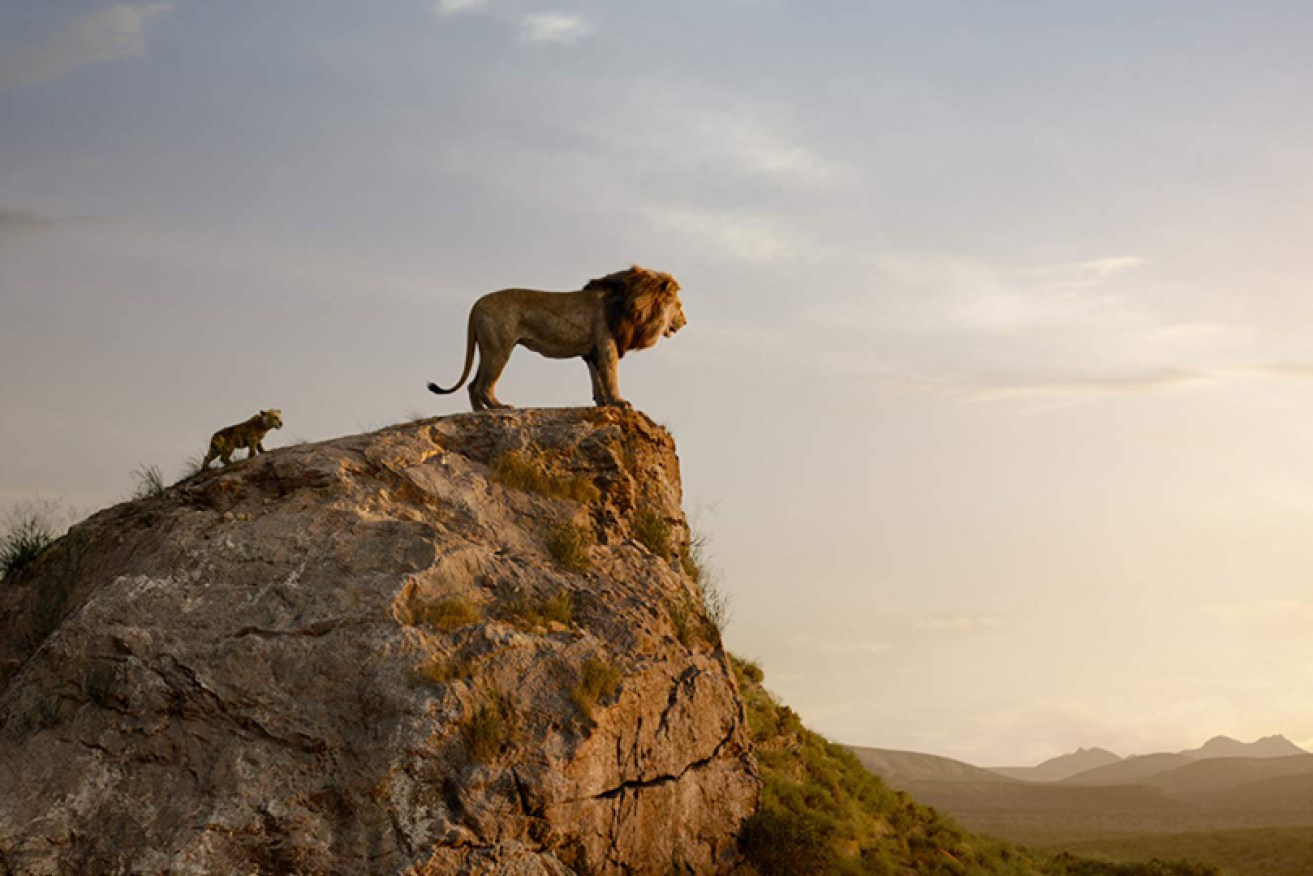
Simba and Mufasa survey their kingdom in The Lion King, which has helped Disney to record box office. Photo: Walt Disney Pictures
On Sunday, Disney announced its films have reaped a record $11.1 billion at the 2019 global box office – and there’s still five months to go.
It’s the first time any Hollywood studio has passed the $US5 billion ($7.24 billion) mark internationally, and there’s more to come at a time when most studios are scrambling to beat off the small-screen threat.
So far, Disney’s coffers have been boosted this year by the behemoth performances of Aladdin (which just flew past $1 billion) and Avengers: Endgame (over $4 billion).
The Lion King smashed the $1 billion mark after just two weeks in release.
And the entertainment giant still has Frozen 2, Maleficent: Mistress of Evil, and Star Wars: The Rise of Skywalker in its 2019 saddlebag.
But while this dominance is making Disney’s bottom line look startlingly healthy, it has been accompanied by criticism of corporate-driven sterility creeping into Disney product.
The Star Wars saga is seen as casualty of this process with the underperforming Solo.
Disney’s apparent obsession with live-action remakes of its classic line-drawn features risks further second-class product hitting our screens with a dull thud.
Look no further than The Lion King, many critics argue. Disney’s most profitable and spectacular traditional animated feature has had its legacy compromised by a ho-hum ‘live action’ remake.
While critics may have a point in labelling Disney’s live-action strategy as pursuit of easy profits with minimum creative investment, I don’t agree The Lion King is a demonstration of this laziness.
Disney has released three ‘live action’ remakes of animated classics this year (‘live action’ being a very generous description of the almost entirely animated Lion King remake) and they’re a mixed bag.
Dumbo, which came first, is the poorest, despite having the most high-profile director in Tim Burton. Burton’s fundamental problem wasn’t the interaction between his actors and the animated elephant, but the overreach of his story.
At 64 minutes, the original Dumbo (1941) remains one of Disney’s shortest animated features. It told a simple tale of a bullied, orphaned baby circus elephant who finds celebrity and self-confidence in the most unlikely way.
Burton extended the tale to 112 minutes, making Dumbo the focus of Michael Keaton’s corrupt impresario and the result crash lands.
In changing Dumbo’s focus Burton also scrapped the original’s most memorable scene, when a raucous murder of crows teaches Dumbo to fly.
The scene has long been noted, with good cause, as a worrisome throwback, depicting the crows as comical African-American stereotypes.
It’s true there’s a level of discomfort for anyone now watching that scene, but it needs to be noted that the crows are not presented as buffoons or villains. They are sympathetic to Dumbo and use their street-smart wiles to teach him self-confidence.
The real villains of the original Dumbo are the matronly circus elephants who ostracise Dumbo like a suburban mothers’ sewing circle. But Burton, and Disney, in seeking to avoid reigniting another controversy, refashioned the plot into a loud, messy escape saga.
Aladdin, directed by Guy Ritchie, fared better. The first glimpses of Will Smith’s Genie caused an online reaction almost equal in hostility to the recent release of the Cats trailer.
But the original Aladdin (1992) rested so monumentally on the late Robin Williams’ brilliant comic shoulders that, like Dumbo, the remake needed to tread cautiously and respectfully. Which it does, producing a lively romp that’s a little too safe to be completely satisfying.
The Lion King, by contrast, gets a surprising number of things right.
Director Jon Favreau again demonstrates Disney’s risk aversion, delivering what is essentially a scene-by-scene remake. But, it actually enhances the fabric of the 1994 original by getting back to nature.
The animators create a vivid, convincing magic kingdom on the African plains and the voice work, particularly of Simba (Donald Glover), Nala (Beyoncé), Scar (Chiwetel Ejiofor) and Timon (Billy Eichner) is flawless.
The original was criticised for setting a patriarchal story in a social system where females dominate.
While Favreau can’t divert the central narrative from its Hamlet/Kimba the White Lion-inspired succession story roots, he does adjust the focus to depict more realistically the life of a male lion as one of constant vigilance.
Lionesses are shown as the life-blood of the pride. Accordingly, Nala’s ambush of Pumbaa and duel with hyena queen Shenzi are thrillingly depicted, receiving prominence equal to Simba’s climactic overthrow of Scar.
In the wake of another profitable year, Disney is unlikely to change its ways any time soon. But The Lion King at least shows that even risk-averse corporate giants can find small avenues for innovation.

